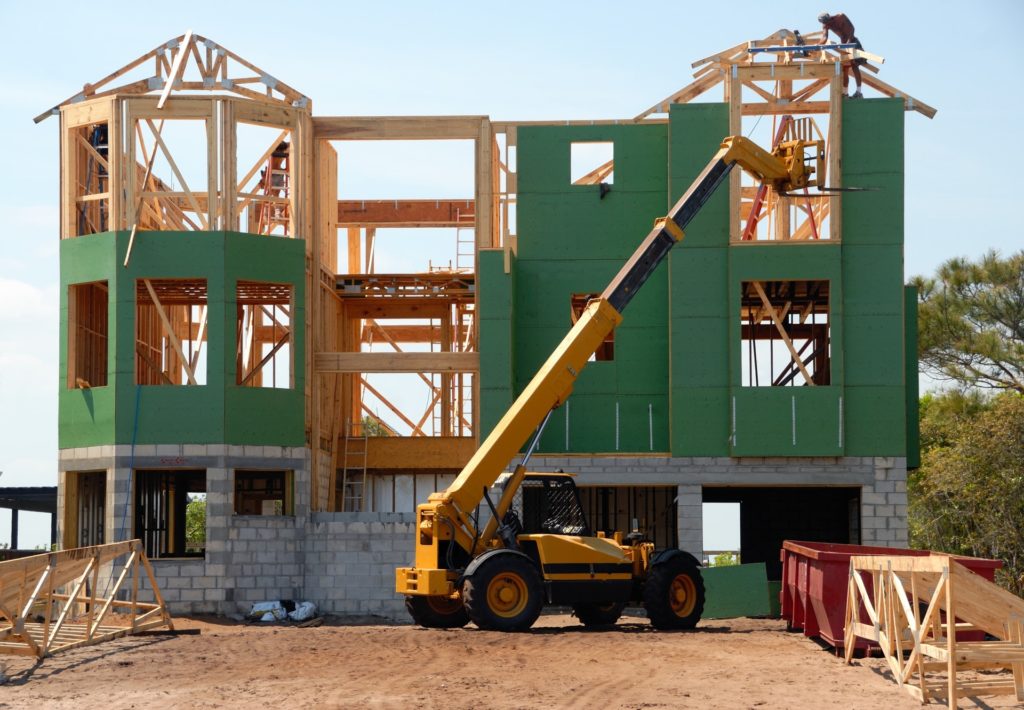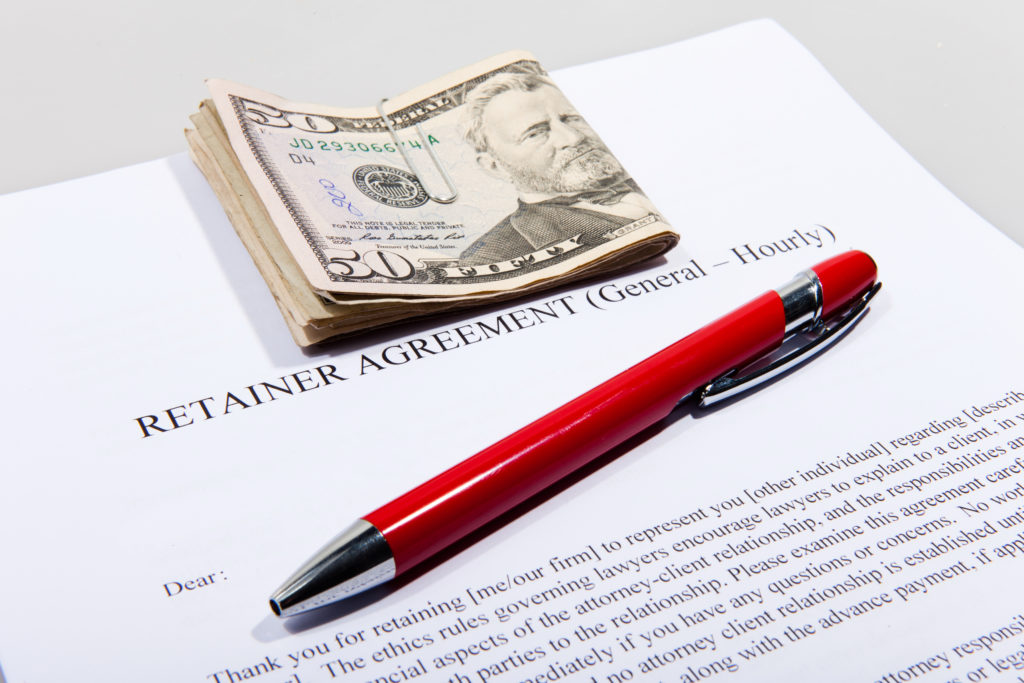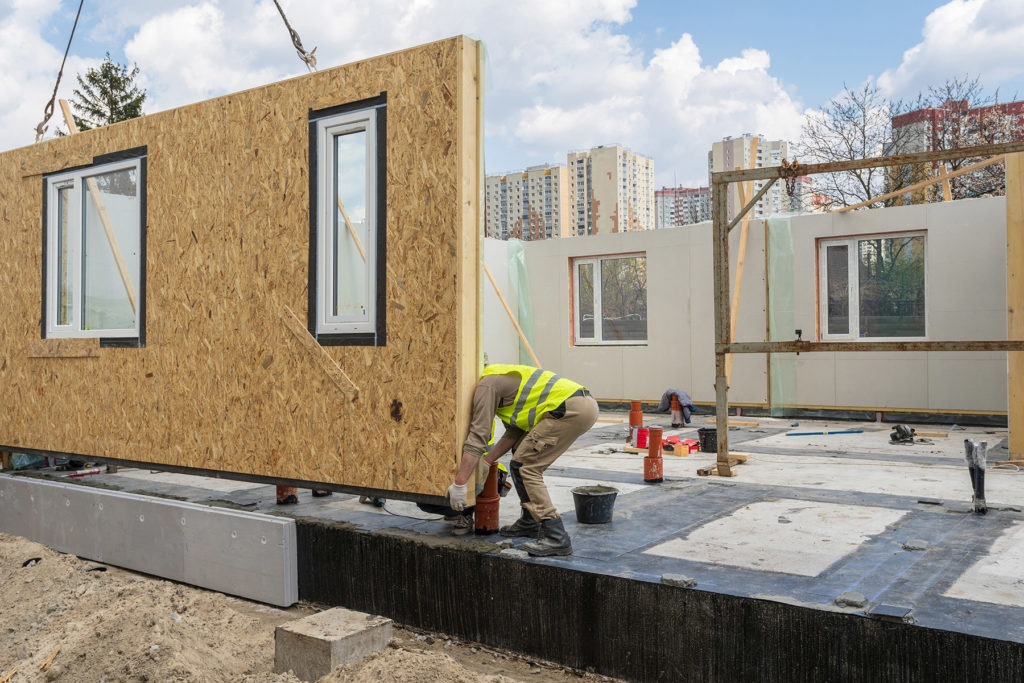
Whether it is for an oversight from a previous construction project, a problem that arose from your finished work, or something you are altogether unresponsible for, it is important to know how to proceed when faced with a defective work claim as a residential contractor. In this blog, we break down how to respond when faced with a defective work claim and how you can be preventative so that you don’t ever receive one to begin with.

From allowing you to streamline your processes and enabling you to scale your business beyond what you originally thought possible to allowing you to have airtight legal support from your construction law team, implementing trades technology can truly elevate your operations as a construction company in today’s market.

In this blog, we discuss how using technology can not only make business easier to conduct but also how to make sure your technology’s advantages can also work to serve your clients. Not only do you want your technology to meet your needs, but you also want the software you use to work well with other technology you may use and to work for your clientele.

Trades industry technology makes it easier to get the job, keep track of the work, and get paid in a complete and timely fashion. It is worth preparing your company for the future, making your processes work to your benefit, and joining the next wave of construction is a sure-fire way to accomplish both tasks.

Maximizing the benefit your trades technology can provide you is the goal, as long as you can ensure the technology you use works together with your other processes. It can significantly improve the quality of your company’s functionality and allow you to find a better work-life balance.

We understand having an attorney on call is needed to run a successful construction business, so we created subscription plans based on the type of legal needs our clients have.

Having legal advice on demand is critical to running a successful business in the construction industry. The general retainer is a great solution to helping every construction company run a better business by educating our clients where they stand legally to make informed decisions.

In the second of this two-part blog series, we discuss the terms you should include in your residential construction contracts to properly manage homeowner expectations. Your best bet is a contract that’s well-written, clear, and easy for everyone to understand.

In the first of this two-part series, learn the terms to include in your residential construction contracts. A well-written, clear, and easy-to-understand contract is your best bet to manage the homeowner’s expectations and communicate what you are doing.

You have no idea what landmines you might hit by failing to have a contract or how much not having one will cost you in the long run. You must take the first step and get every agreement in writing, no matter how small the project is.










